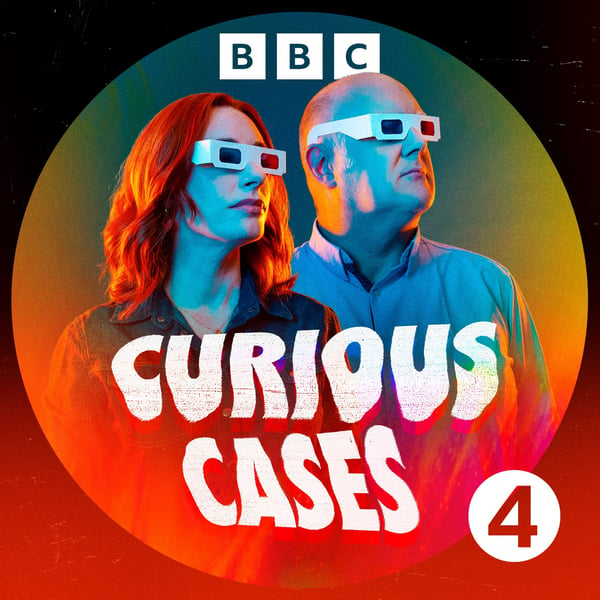The Venomous Vendetta
Curious Cases
BBC
4.8 • 4.1K Ratings
🗓️ 11 November 2021
⏱️ 43 minutes
🧾️ Download transcript
Summary
Transcript
Click on a timestamp to play from that location
| 0:00.0 | BBC Sounds, Music, Radio, Podcasts. |
| 0:04.6 | MUSIC |
| 0:10.6 | I'm Dr Adam Rutherford. |
| 0:12.0 | And I'm Dr Hannah Fry. |
| 0:13.4 | And you are going to send us your everyday mysteries. |
| 0:16.3 | And we are going to investigate them. |
| 0:18.3 | Using the power of... |
| 0:19.6 | Science! |
| 0:20.4 | Science! |
| 0:21.1 | Science! |
| 0:22.0 | I like it. |
| 0:23.0 | MUSIC |
| 0:25.0 | Hello, the Curios. |
| 0:27.9 | This is the last episode in the current series |
| 0:30.3 | of the Curious Cases of Brother and Fry. |
| 0:32.4 | And we are going out on a high. |
| 0:34.5 | As Adam and I were walking to the studio today, |
| 0:36.8 | we realised we've been doing this for five years. |
| 0:40.0 | Five years. |
| 0:41.5 | It's the longest five years of my life. |
| 0:44.1 | LAUGHTER |
| 0:45.2 | Well, thank you. |
... |
Please login to see the full transcript.
Disclaimer: The podcast and artwork embedded on this page are from BBC, and are the property of its owner and not affiliated with or endorsed by Tapesearch.
Generated transcripts are the property of BBC and are distributed freely under the Fair Use doctrine. Transcripts generated by Tapesearch are not guaranteed to be accurate.
Copyright © Tapesearch 2025.

